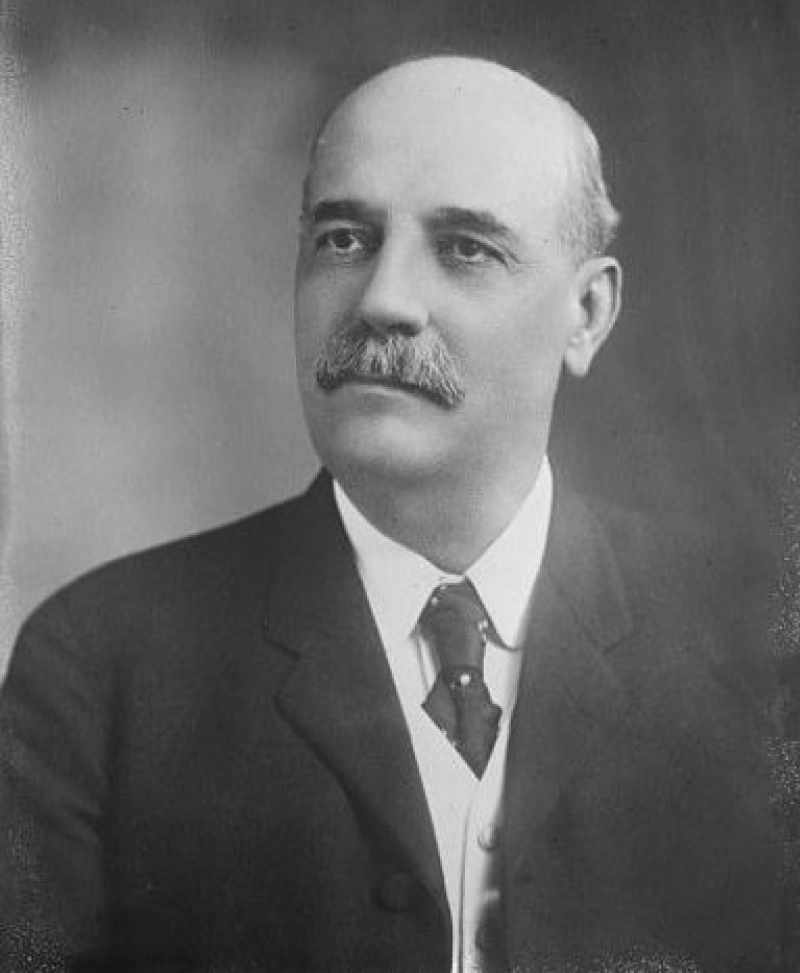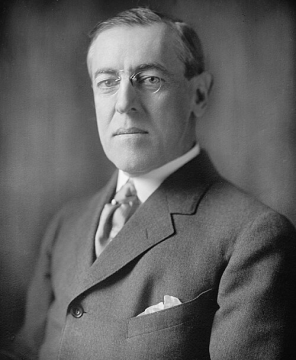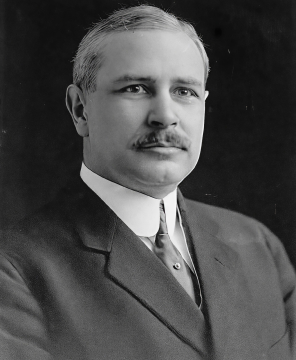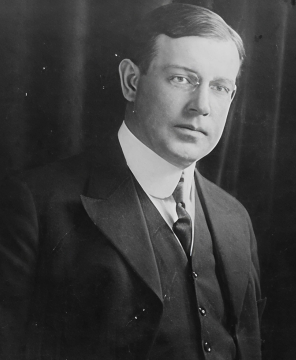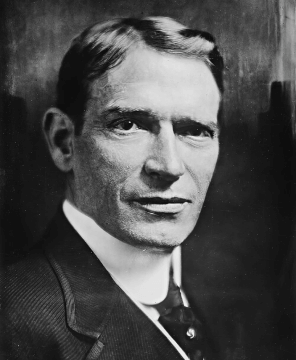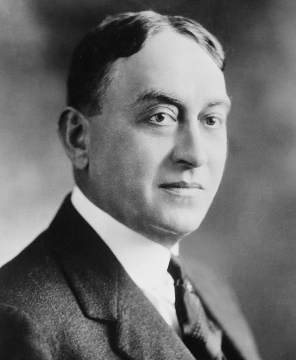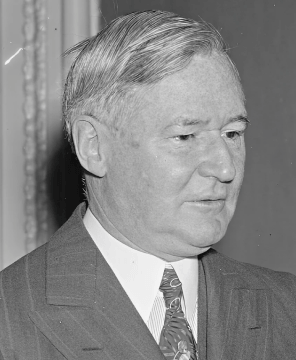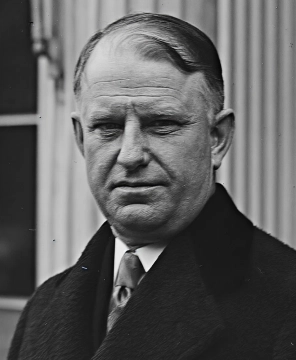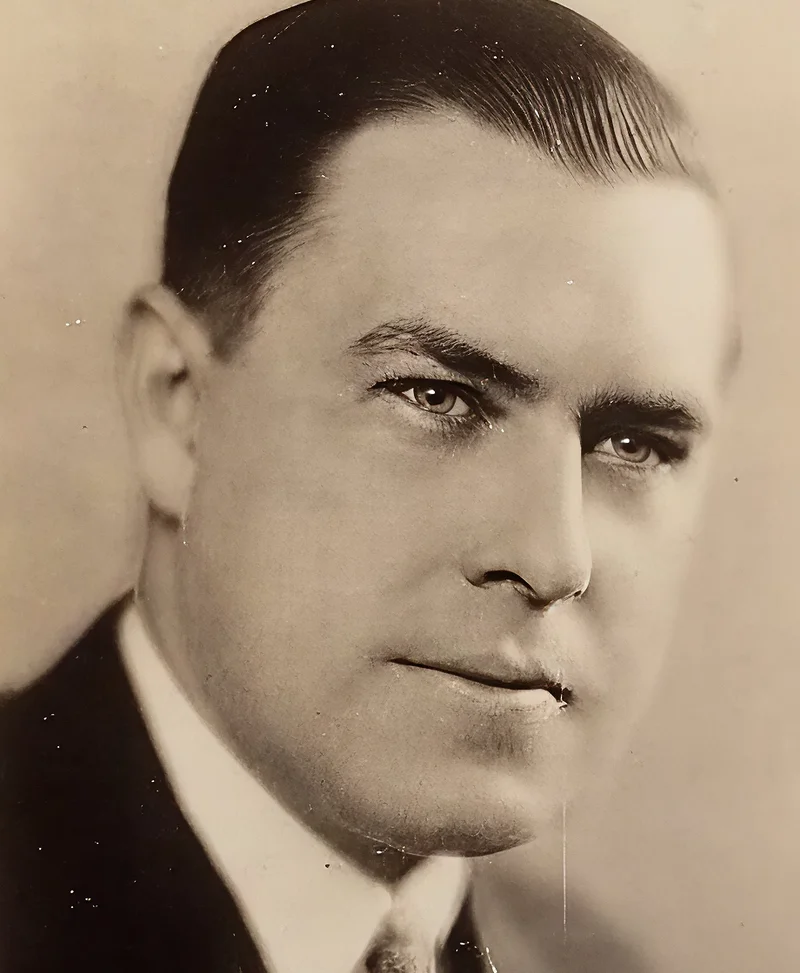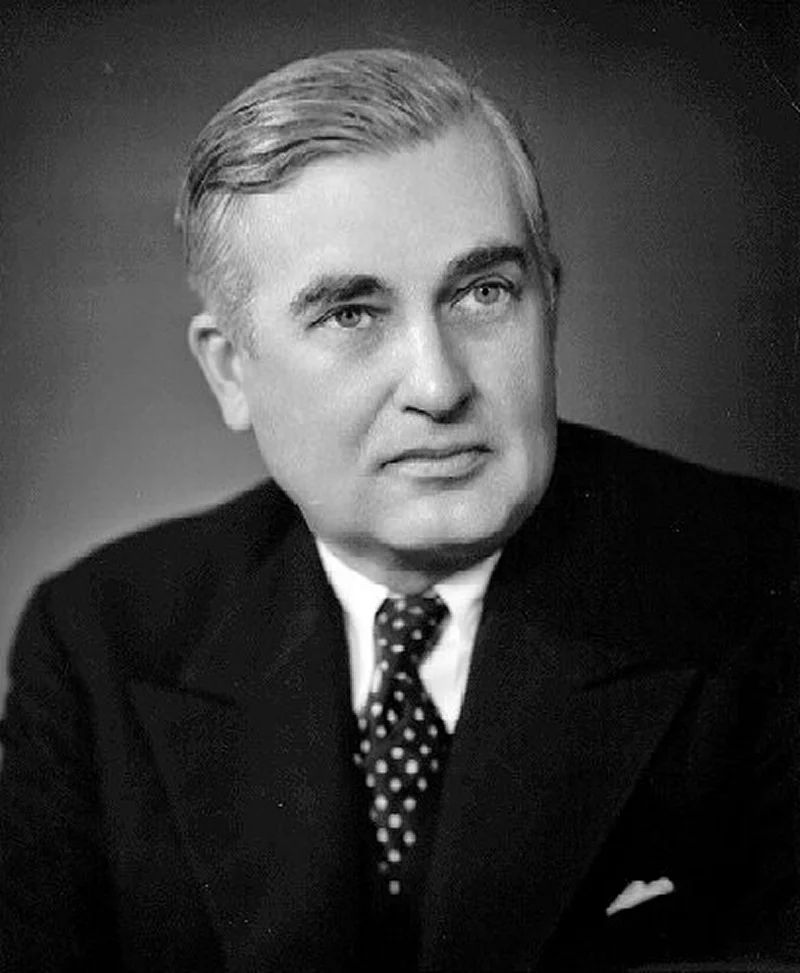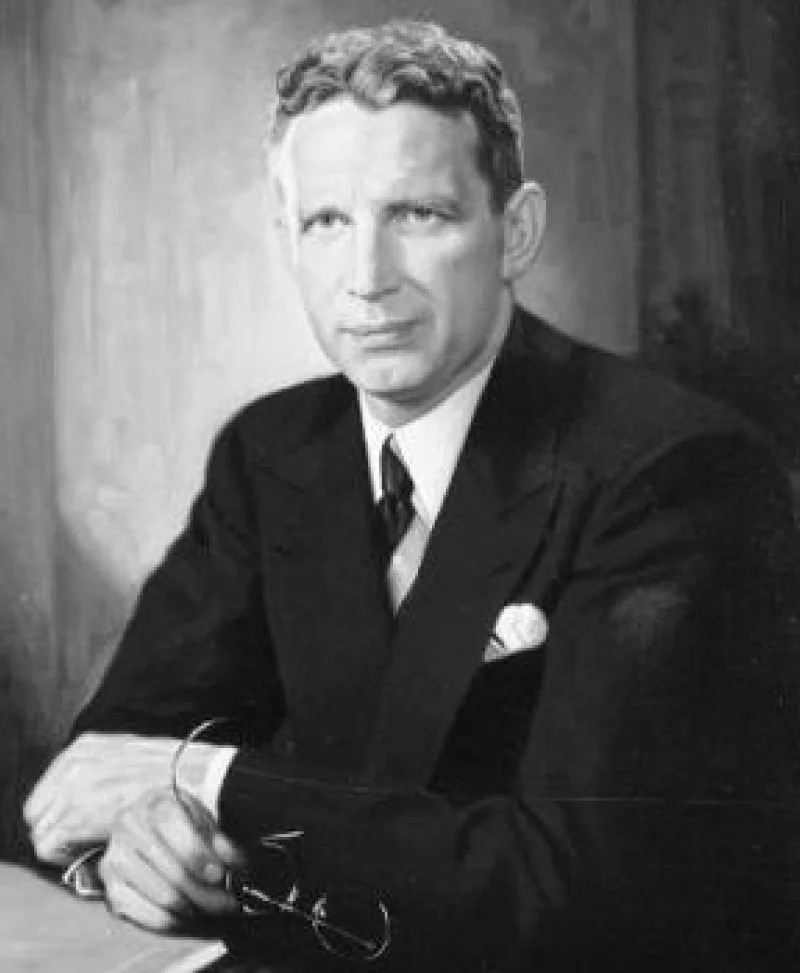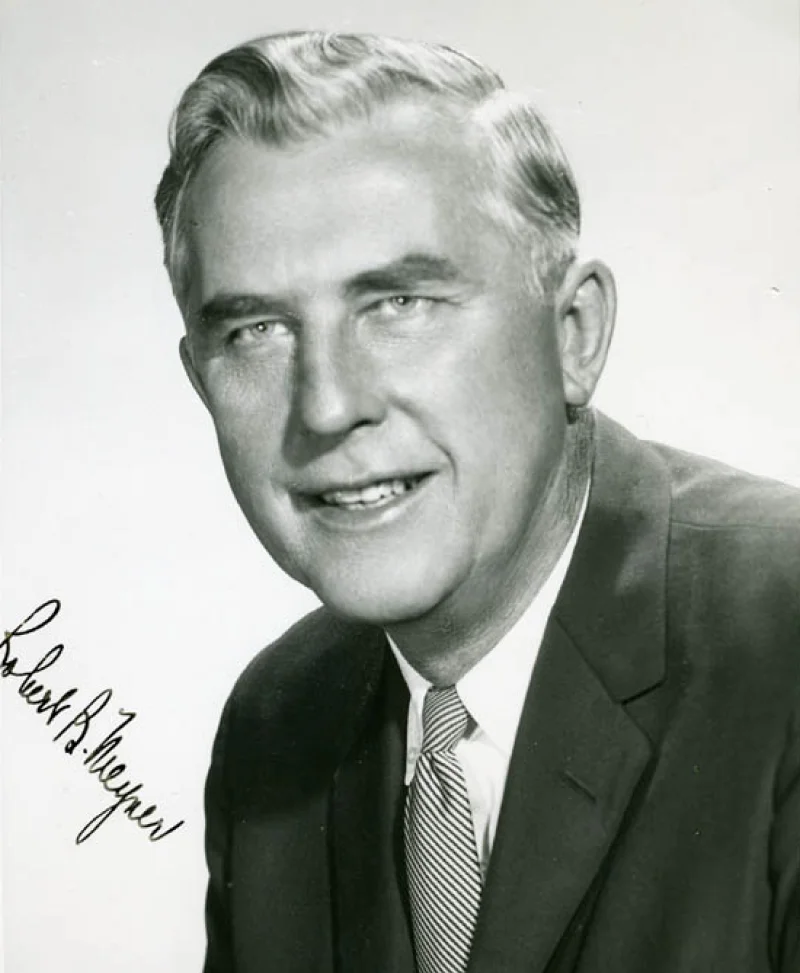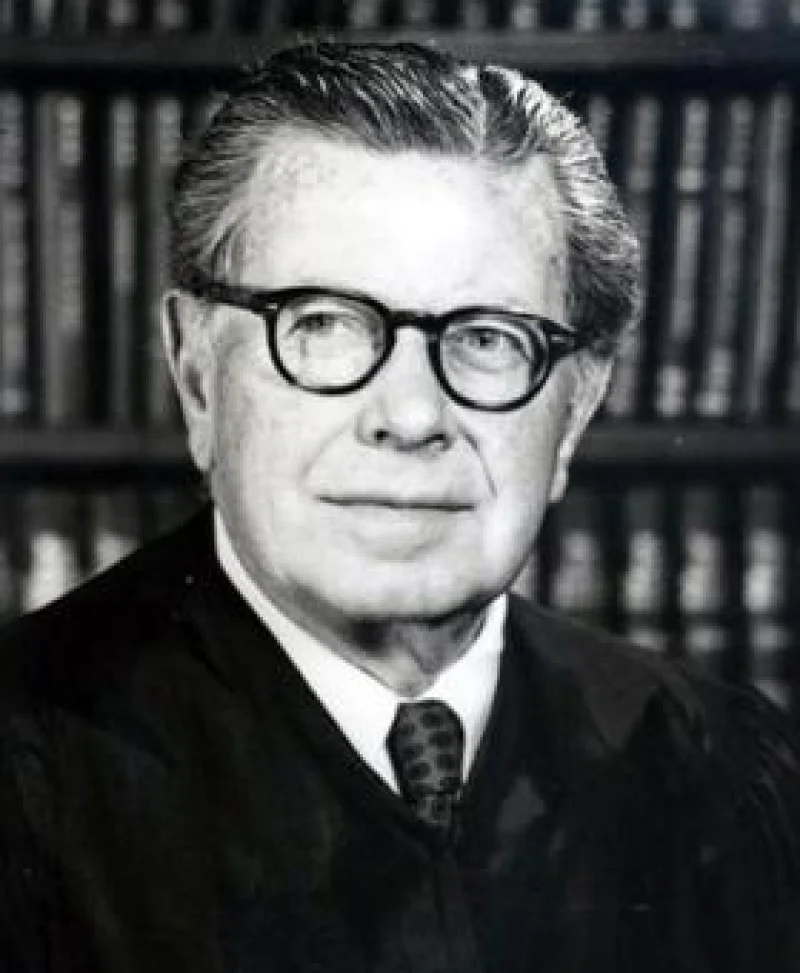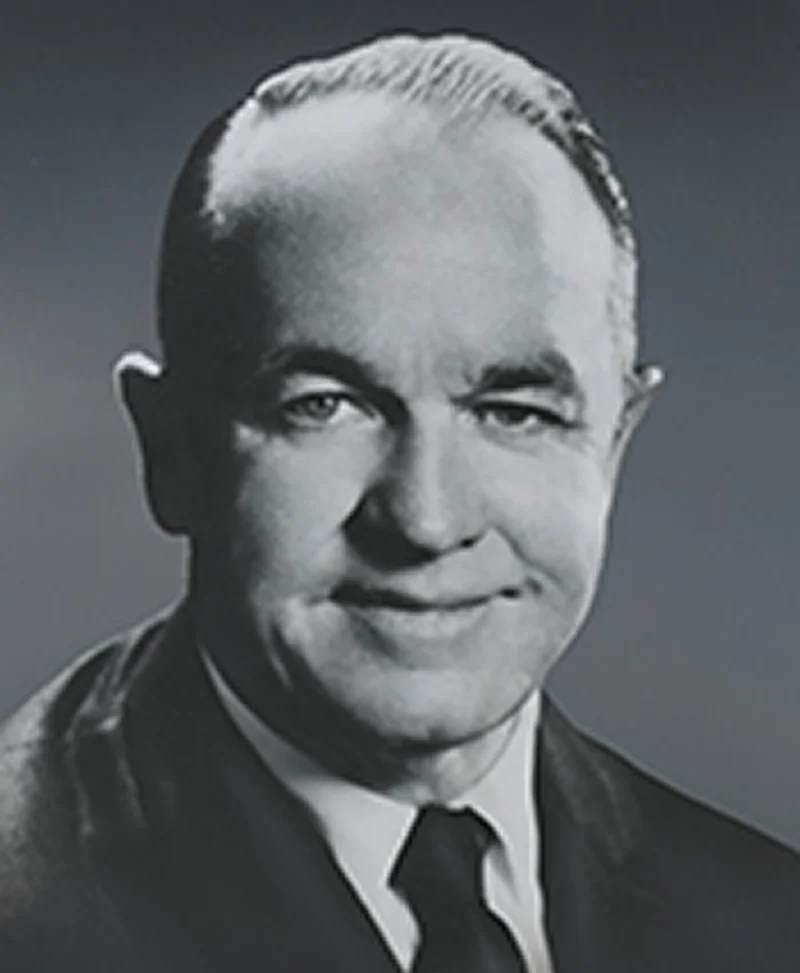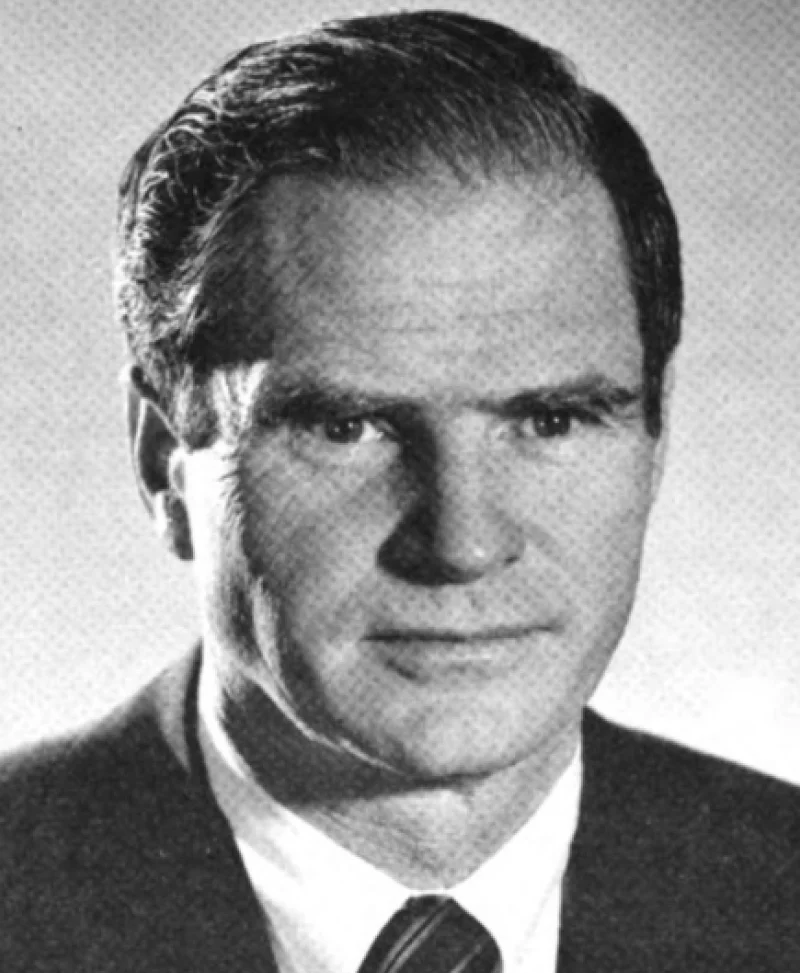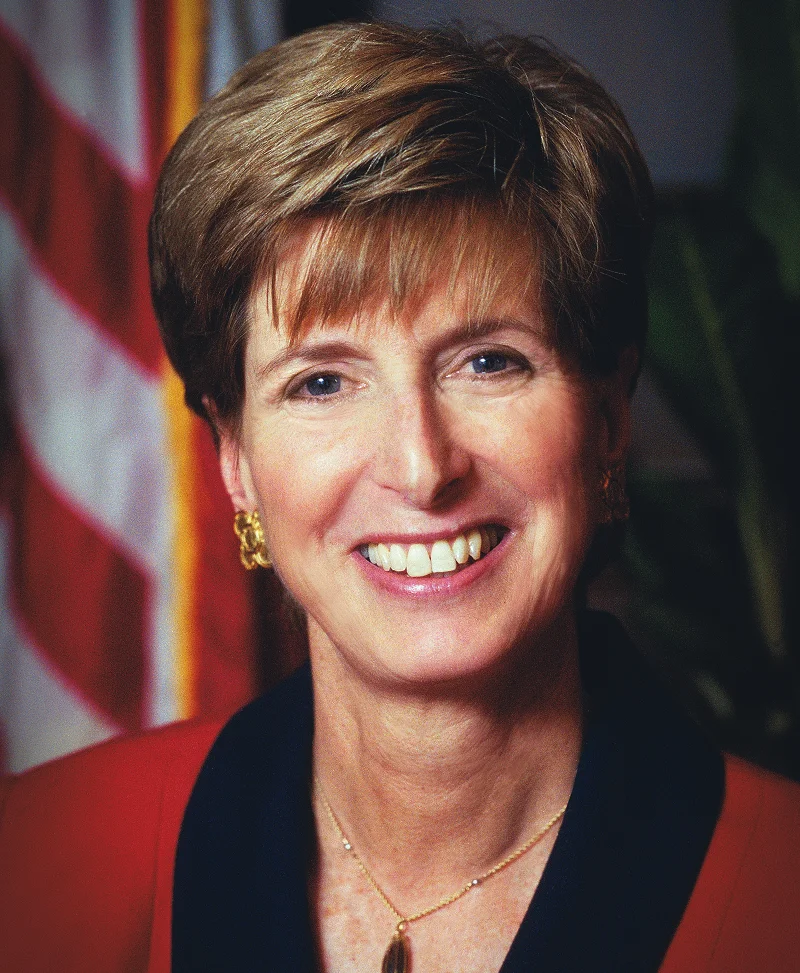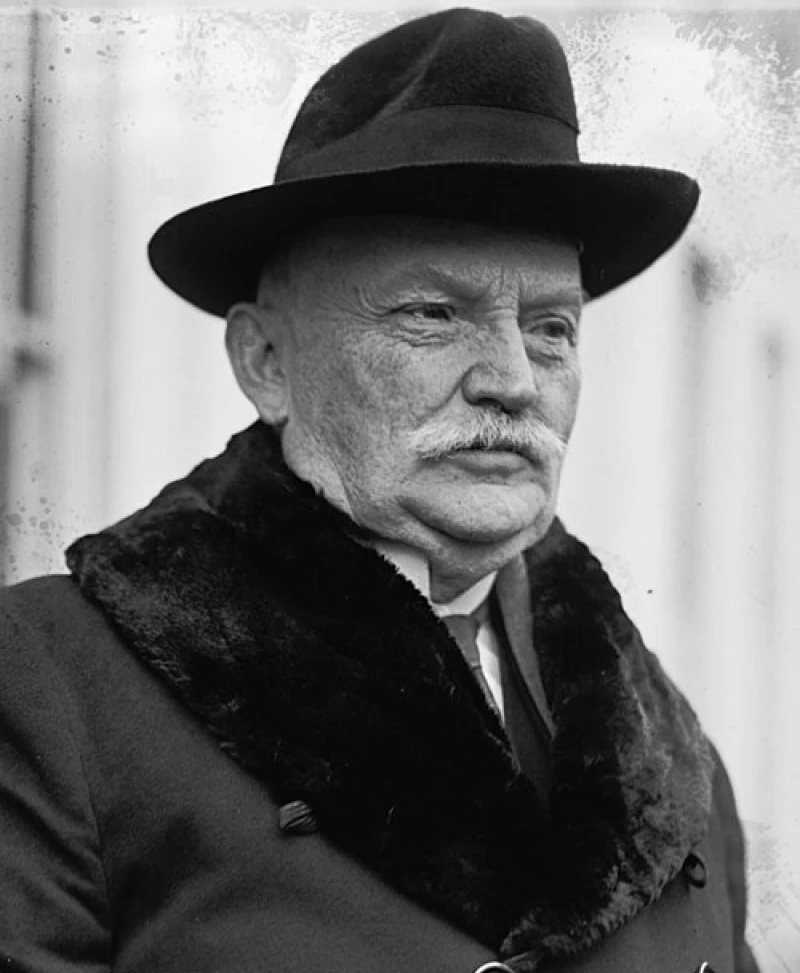
Edward C. Stokes
- B.A., Princeton University Law studies,
- University of Pennsylvania Law School (non-degree)
Edward C. Stokes
Early Life & Education
Edward Casper Stokes was born in Philadelphia in 1860 and raised in a family deeply involved in business and civic affairs. He studied at Princeton University, where he developed an interest in public policy, economics, and state governance. Although he pursued additional legal studies at the University of Pennsylvania, his early career ultimately gravitated toward finance, agriculture, and public administration—fields that later shaped his policy priorities as governor.
Early Public Career & Entry into State Politics
Before rising to statewide prominence, Stokes served in several local and legislative roles, building a reputation as a pragmatic and business-minded Republican. He served in the New Jersey General Assembly and later the New Jersey Senate, where he became known for his work on fiscal policy and agricultural regulation. His ability to balance economic interests with responsible governance helped position him as a strong statewide candidate.
Governor of New Jersey (1905–1908)
Elected during a wave of early Progressive Era enthusiasm, Stokes brought a reform-oriented but economically cautious approach to Trenton. His administration focused on:
- modernizing state finances and improving treasury oversight
- strengthening banking and insurance regulations
- supporting conservation and agricultural development
- improving oversight of public utilities
He also pushed for more transparent state budgeting and advocated for professionalization within government departments. Stokes was widely regarded as a stabilizing figure who blended reform with fiscal discipline.
Later Career & Business Leadership
After leaving office, Stokes remained highly active in business and civic life. He became president of several financial institutions, including the Mechanics National Bank of Trenton, and held leadership roles in emerging state industries. His influence extended into national policy circles through financial and economic advisory work.
Legacy
Edward C. Stokes is remembered as a governor who brought financial expertise, administrative modernization, and early Progressive values to New Jersey at a crucial time in its development. His efforts to strengthen state financial institutions and regulate corporate activity contributed to a more stable and accountable government framework that shaped New Jersey’s early 20th-century trajectory.

